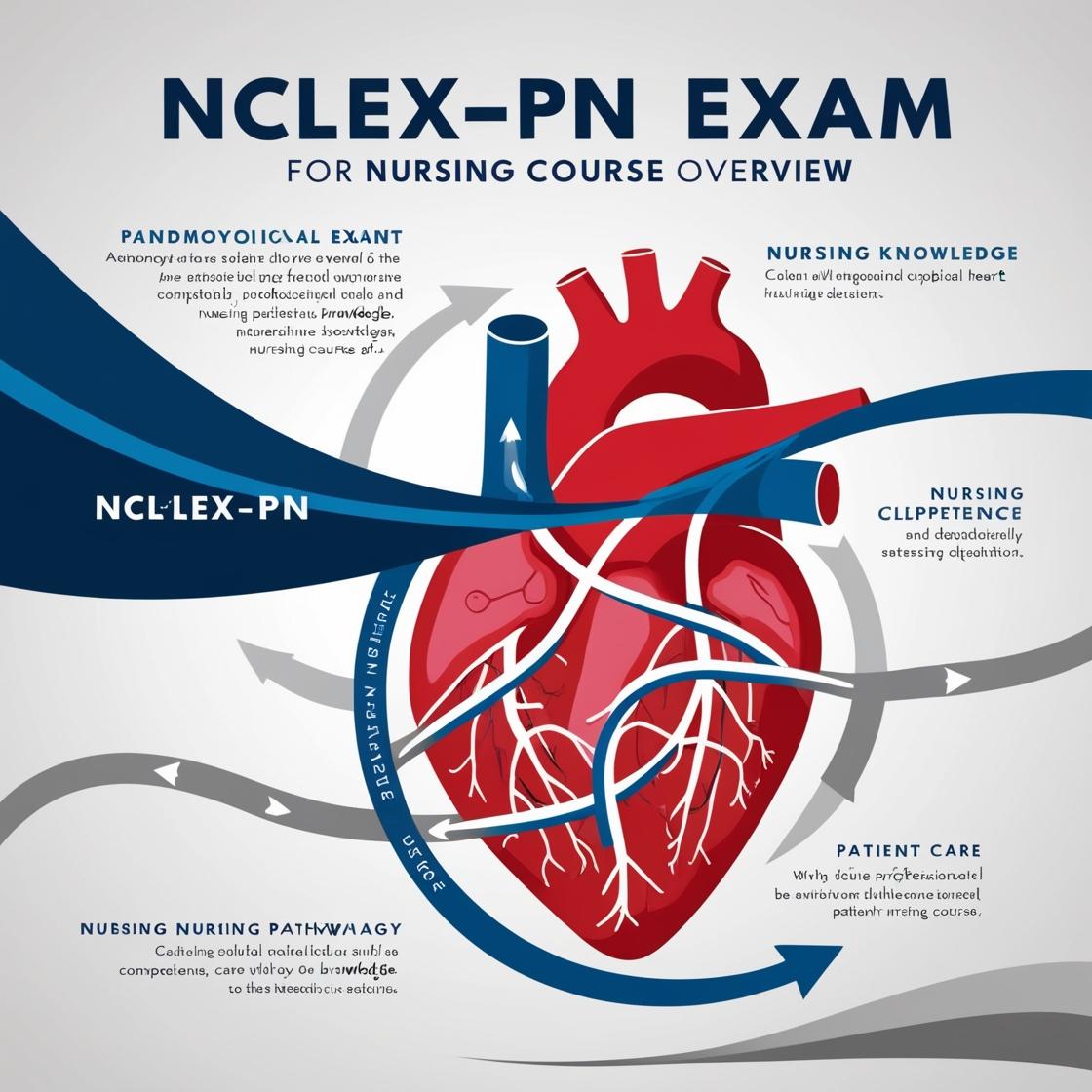NCLEX-PN
Nclex Practice Questions 2024
1. The client with cirrhosis of the liver is receiving Lactulose. The nurse is aware that the rationale for the order for Lactulose is:
- A. To lower the blood glucose level
- B. To lower the uric acid level
- C. To lower the ammonia level
- D. To lower the creatinine level
Correct answer: C
Rationale: Lactulose is administered to the client with cirrhosis to lower ammonia levels, as it works by acidifying the colon, trapping ammonia for elimination in the stool. Choices A, B, and D are incorrect because Lactulose does not have an effect on blood glucose, uric acid, or creatinine levels. Therefore, the correct answer is to lower the ammonia level.
2. If the client is receiving peritoneal dialysis and the dialysate returns cloudy, what should the nurse do?
- A. Document the finding
- B. Send a specimen to the lab
- C. Strain the dialysate
- D. Obtain a complete blood count
Correct answer: B
Rationale: When the dialysate returns cloudy, it could indicate the presence of infection, and sending a specimen to the lab for evaluation is crucial to determine the cause. Documenting the finding alone, as in choice A, may not provide enough information for proper intervention. Straining the dialysate, as in choice C, is not a standard practice and may not help identify the underlying issue. Obtaining a complete blood count, as in choice D, is not directly related to addressing cloudiness in the dialysate. However, the healthcare provider might order a white blood cell count to assess for infection.
3. To ensure safety while administering a nitroglycerine patch, what should the nurse do?
- A. Wear gloves
- B. Shave the area where the patch will be applied
- C. Wash the area thoroughly with soap and rinse with hot water
- D. Apply the patch to the buttocks
Correct answer: A
Rationale: To protect herself, the nurse should wear gloves when applying a nitroglycerine patch or cream. Answer B is incorrect because shaving the area where the patch will be applied might abrade the skin, increasing the risk of irritation. Answer C is incorrect because washing with hot water can vasodilate the skin, potentially increasing the absorption of nitroglycerine. Nitroglycerine patches should be applied to areas above the waist, making answer D incorrect as applying it to the buttocks is not recommended.
4. Which laboratory test would be the least effective in diagnosing a myocardial infarction?
- A. AST
- B. Troponin
- C. CK-MB
- D. Myoglobin
Correct answer: A
Rationale: AST, choice A, would be the least effective in diagnosing a myocardial infarction as it is not specific for this condition. Troponin, CK-MB, and myoglobin (choices B, C, and D) are more specific markers for myocardial infarction. Troponin is considered the gold standard due to its cardiac specificity. CK-MB is also specific to the heart, and its isoenzyme levels elevate post-heart damage. Myoglobin, although elevated in myocardial infarction, is not as specific as troponin and CK-MB and can also increase in conditions like burns and muscle trauma. Therefore, AST is the least effective choice for diagnosing a myocardial infarction.
5. The nurse who was not promoted then went to the utility room and slammed several cupboard doors while looking for Kleenex. This behavior exemplifies:
- A. displacement.
- B. sublimation
- C. conversion.
- D. reaction formation.
Correct answer: A.
Rationale: Displacement unconsciously transfers emotions associated with a person, object, or situation to another less threatening person, object, or situation. In this scenario, the nurse slammed doors instead of expressing anger towards the promoted nurse or the administrator who made the promotion decision. Sublimation is the unconscious process of substituting constructive activity for unacceptable impulses. Since slamming cupboard doors is not a constructive activity, this choice is incorrect. Conversion involves transforming anxiety into physical symptoms, which is not demonstrated in the given behavior. Reaction formation keeps unacceptable feelings or behaviors out of awareness by displaying the opposite feeling or behavior, which is not the case here.
Similar Questions

Access More Features
NCLEX PN Basic
$69.99/ 30 days
- 5,000 Questions with answers
- Comprehensive NCLEX coverage
- 30 days access @ $69.99
NCLEX PN Premium
$149.99/ 90 days
- 5,000 Questions with answers
- Comprehensive NCLEX coverage
- 30 days access @ $149.99
